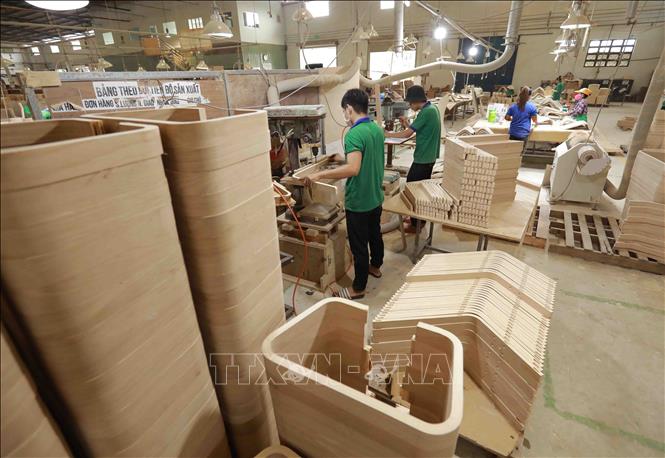
Thus, according to the recommendation of the Vietnam Timber and Forest Products Association, processing and exporting enterprises do not have to deduct taxes and are not entitled to tax refunds in order to reduce the burden of procedures and capital costs for enterprises. At the same time, it prevents legal risks, limits budget losses due to fraud, buying and selling of invoices and documents; protects the livelihoods of millions of forest farming households. In addition, it maintains national prestige, avoids the risk of being imposed by the EU with a "yellow card, red card" according to the European Union (EUDR), enhances international competitiveness, and makes the wood industry a pillar of a green, circular, and sustainable economy .
According to the association's report, over the past two decades, the Vietnamese forestry industry has achieved many important achievements, such as the area of planted forests reaching over 4.6 million hectares; the output of exploited forest timber reaching 35-40 million m³/year, meeting 75-80% of the demand for wood materials for export processing and domestic consumption. The export turnover of wood and wood products is expected to reach 16.9 billion USD in 2025, ranking 6th among the industries contributing to the country's export turnover. The wood industry currently creates jobs for more than 500,000 direct workers and millions of forest households.
In addition to the achieved results, wood processing and exporting enterprises are facing many difficulties in implementing input value-added tax (VAT) refund procedures. Although there have been many instructions from the Prime Minister and the Ministry of Finance on promoting VAT refunds, in reality, many enterprises have not been resolved promptly. Many enterprises operate legally, have complete records and documents, but the progress of tax refund settlement is slow, significantly affecting cash flow and production and business activities.
The delay in VAT refunds is causing many difficulties for businesses in reinvesting, maintaining and expanding production, affecting not only the jobs of workers, but also directly impacting the output of forest products consumed by forest growers.
Examining many cases, Mr. Cao Xuan Thanh, Chief of Office of the Vietnam Timber and Forest Products Association, said that many tax refund dossiers were requested to be supplemented and explained many times, leading to the processing time exceeding the regulations. Some local tax agencies applied different criteria for approval, invoice verification or comparison of raw material origin, causing confusion for businesses. There were too many inadequacies in tracing and verifying the origin of wood because according to regulations, verification must be done up to the forest planting households. Meanwhile, a batch of export goods of a business was purchased from dozens of forest planting households in many different localities.
Exporting enterprises also have to pay in advance input VAT costs (10%) while waiting for refund, reducing the ability to turn over capital, especially for small and medium-sized enterprises. Wood industry enterprises have not yet received VAT refunds of VND 6,100 billion (VIFOREST 2023 preliminary survey data). The delay in tax refunds affects payment progress, delivery and the confidence of international customers; even affecting profits when the profit margin of the wood industry is only 5-7%, leading to losses of VND 500-600 billion/year, equivalent to 2-3% of the industry's profit.
More difficult is that many businesses and entrepreneurs are at risk of violating the law, even getting into trouble with the law, and having their capital flow blocked due to the difficulty in tracing the supply chain. Not to mention the risks to the international market when European Union (EU) partners can apply "yellow cards, red cards" according to the EUDR Regulation on Deforestation-Free Products. Vietnamese wood enterprises can be boycotted by international partners for not fully implementing the responsibility of accountability and tracing raw wood...
All these problems, which cause the State budget to lose revenue due to the situation of buying and selling VAT invoices and the "ask - give" mechanism that is easily abused, causing negativity and harassment. The consequence is the fear of using domestically grown wood and businesses are forced to import wood materials to avoid tax refunds, leading to millions of farming households losing their consumption market and motivation to plant forests and the Government may have to face the situation of "rescuing commercial planted forests" - going against the goal of sustainable forestry development, Mr. Cao Xuan Thanh emphasized.
Analyzing the cause of this situation, Mr. Nguyen Liem, Vice President of the Vietnam Timber and Forest Products Association, said that according to the association's estimates, up to now, thousands of billions of VND have not been refunded. This situation stems from the General Department of Taxation classifying wood as a high-risk commodity, applying the "check first - refund later" process. In addition, the requirement to trace the origin to each forest planting household is not feasible in practice, due to the current characteristics of the domestic wood industry, which is mostly bought and sold through many intermediaries.
The prolonged verification has led to a bottleneck in processing tax refund dossiers, seriously affecting the cash flow of enterprises. Wood products and planted forest products after exploitation: peeling, sawing, chopping... have not been clearly identified as semi-processed products. Exporting enterprises purchasing these products incur large input taxes, leading to large VAT refunds each period, affecting the business capital of enterprises.
In addition, enterprises and households trading in wood products must declare and pay taxes on unprocessed or semi-processed wood and forest products, which usually results in tax declaration and payment procedures that take a lot of time and money. In addition, some enterprises, when receiving large tax refunds, are accused of receiving subsidies from foreign anti-dumping and anti-subsidy investigations. Finally, large tax refunds can lead to negative and fraudulent tax refunds that affect the production and business of enterprises.
Source: https://baotintuc.vn/kinh-te/doanh-nghiep-nganh-go-gap-kho-khi-hoan-thue-gia-tri-gia-tang-20251012130305095.htm



![[Photo] Discover unique experiences at the first World Cultural Festival](https://vphoto.vietnam.vn/thumb/1200x675/vietnam/resource/IMAGE/2025/10/11/1760198064937_le-hoi-van-hoa-4199-3623-jpg.webp)




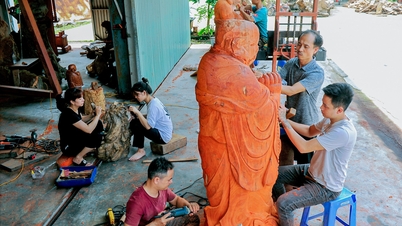

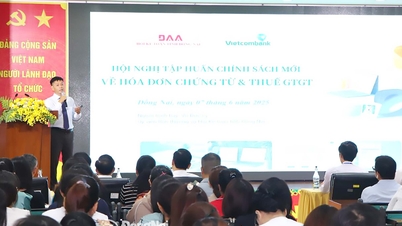


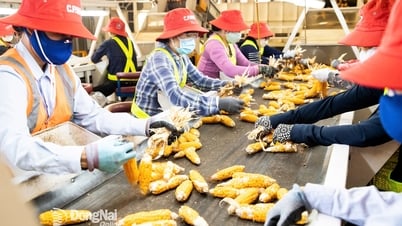



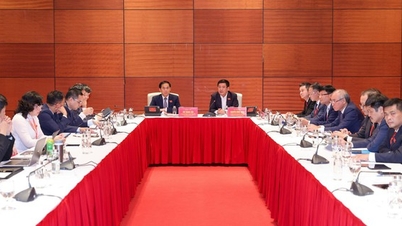

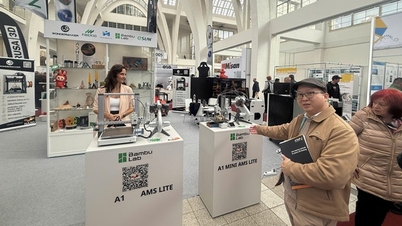


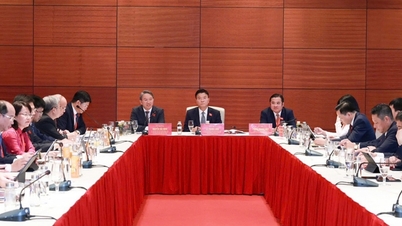
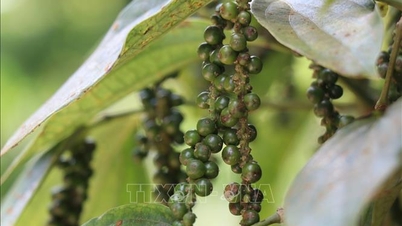
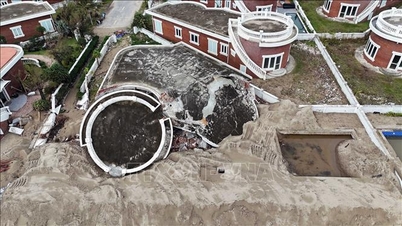





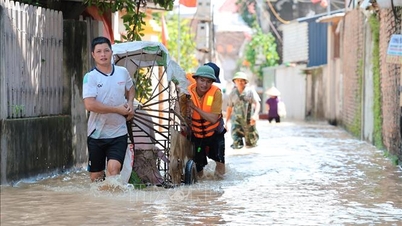
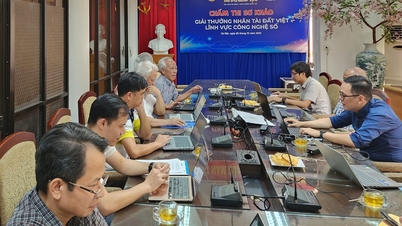
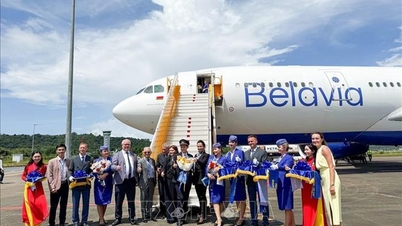
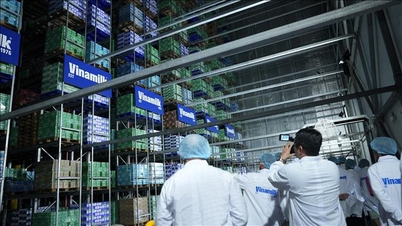
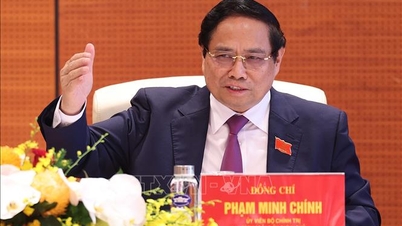



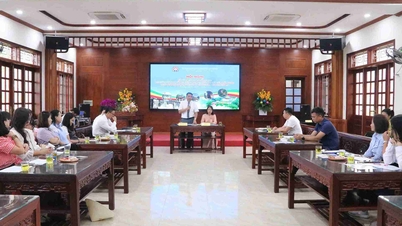



















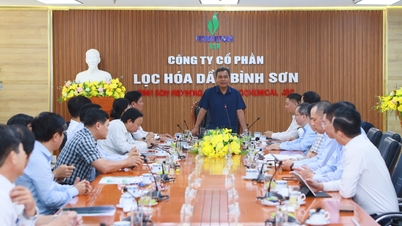







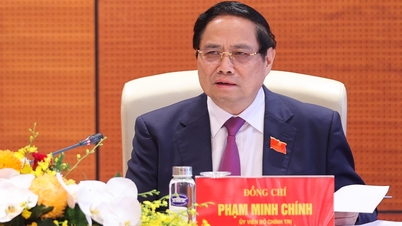

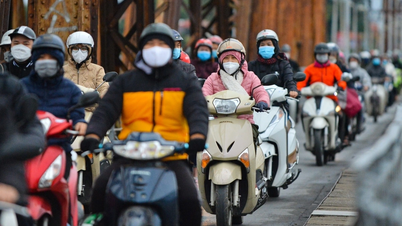
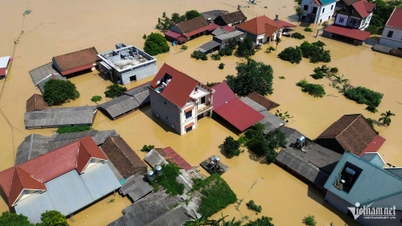

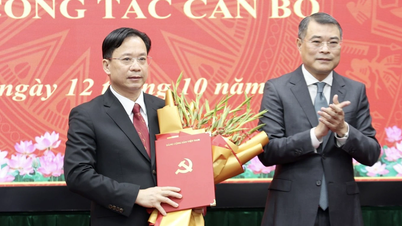



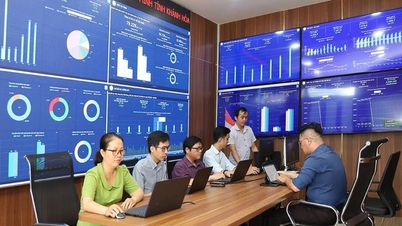

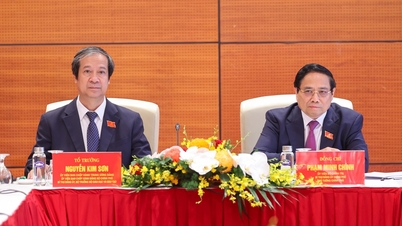

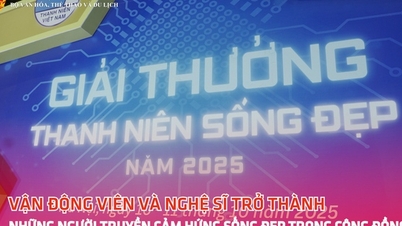
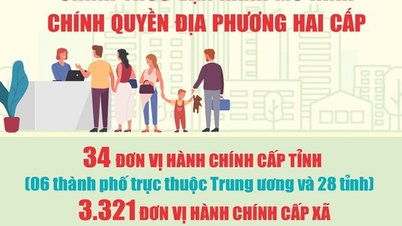
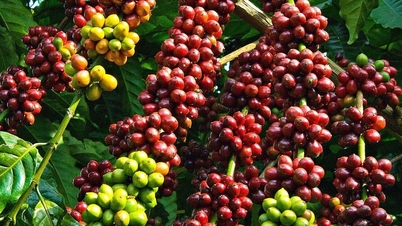


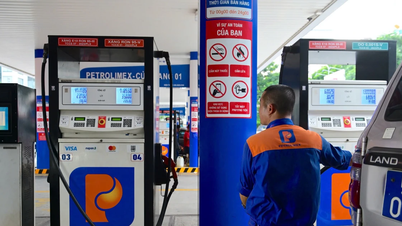
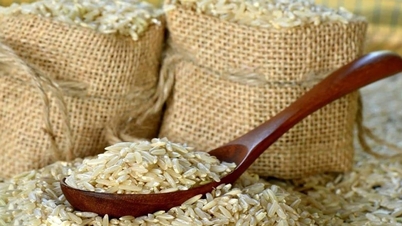

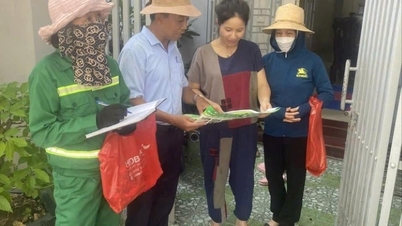












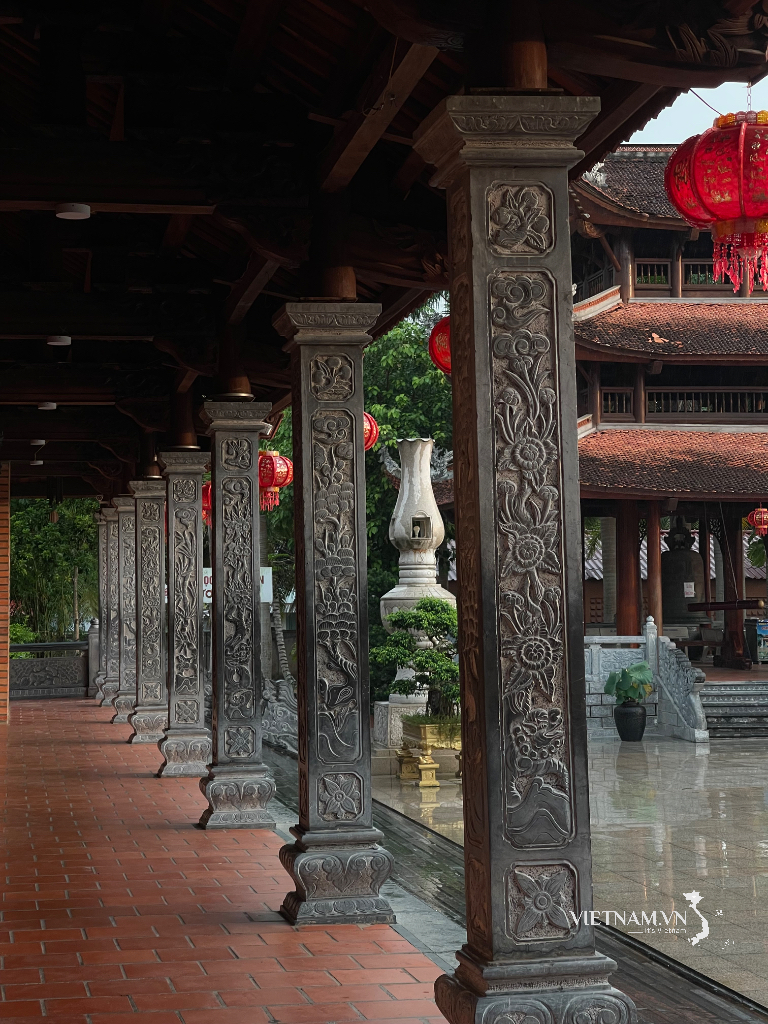



Comment (0)